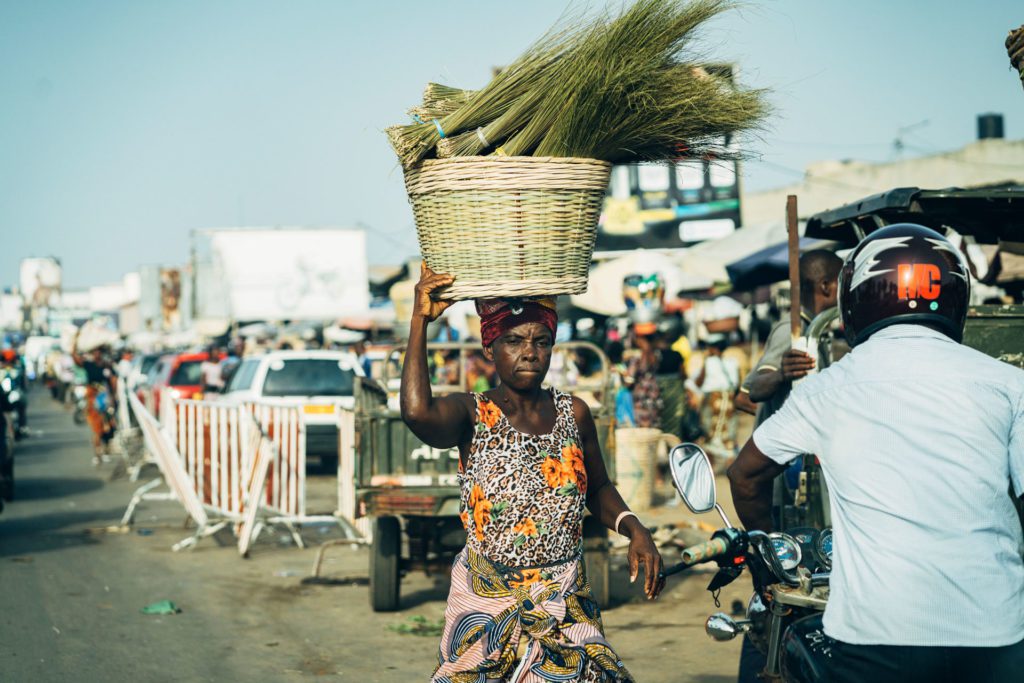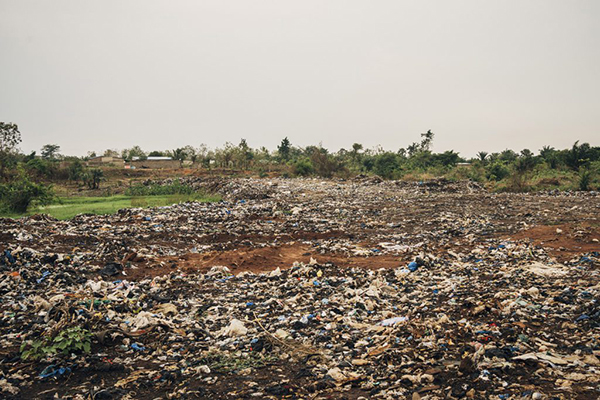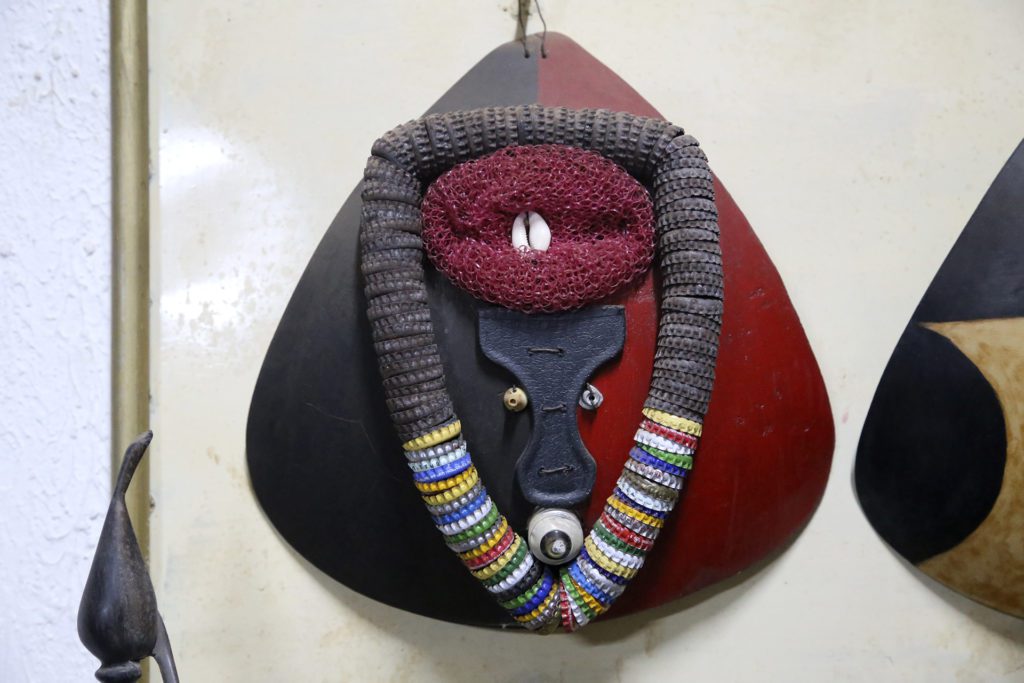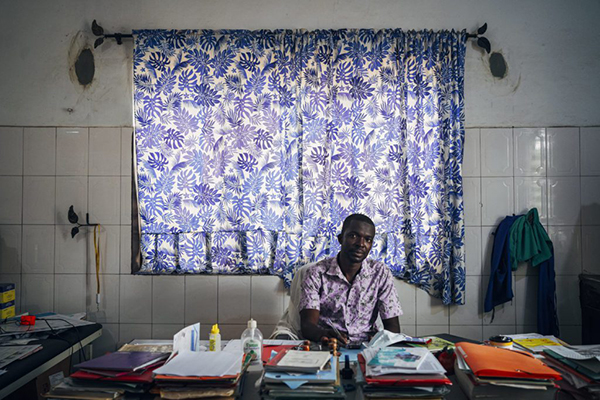The war in Ukraine has a direct effect on the supply of basic food stuffs such as wheat in many African countries.
*This content is offered in association with Africa Mundi.
The Russian invasion of Ukraine is a challenge for dependent African economies which could lead to political instability. In February the price of energy increased by 7.7%, driven by an 11.5% increase in oil prices, and food prices rose by 5.7%.
And the fact is that Africa imports 40.4% of its production from Ukraine and Russia, the latter of which exports to up to 39 African countries, some of them exclusively. This is the case of Benin, which imports 100% of its production from Russia. On 25 March the Beninese government lifted VAT on products containing wheat for three months as an urgent measure to contain rising prices.
Food prices in Africa soar because of the war in Ukraine
The war has cut production, especially in Ukraine, the third biggest exporter and the source of 13% of the wheat consumed in Africa. This will be particularly felt in two regions: north and west Africa. The countries in the Maghreb region are particularly dependent on bread in their diet, and added to this on 2 April the month of Ramadan started, when demand and prices normally go up.
From the Russian invasion of Ukraine to March, the cost of a sack of wheat increased by 40% in Tunisia, while in Egypt, the world’s biggest wheat importer, the price increased by 50% in just one weekend. In addition to the potential production shortage, the price increases constitute a challenge not just for populations but also for the public finances. The Egyptian government has been subsidising up to five slices of bread for up to 71 million people since 1988, and in the summer of 2021 it decided to reduce the weight of each portion to 20 grams because of inflation.
Now there is also a war and the government of Abdel Fata Al-Sisi calculates that it will have to spend an additional 95 million just in 2022 in order to maintain subsidies.
Meanwhile, western Africa has also been seriously affected. Already in the last quarter of 2021, inflation led to the average price of food to be one third higher than the average for the past five years. This was particularly bad for wheat, with an increase of 181% in Côte d’Ivoire and Ghana, which led to double-digit inflation in the latter country. As with Egypt, the war in Ukraine has forced the Côte d’Ivoire government to increase public spending, and a package worth 88 million dollars has been announced to combat rising food prices.
Now, in these two countries the war will also have an effect on their star export, cocoa beans. Ghana and Côte d’Ivoire together export 60% of world cocoa and the war in Ukraine poses a production challenge given the lack of fertilizers. In 2020, Russia was the world’s largest exporter of agricultural fertilizers, and in 2019 Ghana imported almost a fifth of its potassium chloride, an essential product for cocoa production, from Russia. Transport disruption and the arrival of fertilizers are a threat to production, especially for small agricultural plantations. The Ghanaian Minister of Agriculture, Dr. Owusu Afriyie Akoto, has already asked producers to resort to home-made solutions such as poultry manure to make up for the shortage.






